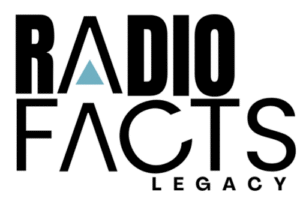Tonya Lewis Lee and Shawnee Benton Gibson talked to Ebro in the Morning about what Black women are dealing with in the medical industry and the loss of life for mothers giving birth. Ebro said Lee was helping Gibson open the dialogue concerning the lack of research and the lack of care for Black moms. Ebro said the situation is traumatic.
Ebro said he wanted to discuss the documentary “Aftershock” and why it was necessary. Lee said Black women are dying at a rate of three to four times greater in this country than white women. The United States suffers from a maternal mortality crisis, he added. Women die in general at a higher rate than in other industrialized nations making America the worst country in the industrialized nation to give birth.
Lee said wanted to tell her story because wanted to save lives by informing the public of the issues that are out there. She said also wanted to learn for herself why it was happening to Black women more than the rest of the population. Lee said statistics show that the issue is race. A Black woman with a professional degree has a higher chance of dying from childbirth complications than a White woman closer to the poverty line.
Hospital funding is also a critical piece of the issue as well, said Lee. “We’re living in quote-unquote gentrified communities these days, but we still have hospitals that are underfunded that do not have the resources necessary to take care of people when they are in dire need,” said Lee.
Gibson said became involved with Lee and the film after her daughter died from a birth-related pulmonary embolism in 2019. She said someone from the film reached out to her and asked her if would like to share her experience on camera at the “Aftershock Event” named after the documentary. She said agreed to be filmed, and the rest is history.
“This is a sign for my daughter. This opportunity will provide if nothing else, [the] capturing of that gathering of community,” said Gibson.
Lee said “Aftershock” is currently streaming on Hulu. She encouraged everyone to go and check it out.
Ebro said America has a long history of safety issues during childbirth. He said that prompted a movement to have people present in the birthing room when babies are born. The morning show host said it feels like a prophecy fulfilled because, in 2022, safe births for Black women are still under debate.
Lee said better birthing outcomes would be possible when women have more birthing options, such as the choice to have a home birth.
Gibson said the conversation about maternal safety for Black women is gaining traction, and it is essential to keep the conversation alive. She said has hope and belief that a difference can be made.

